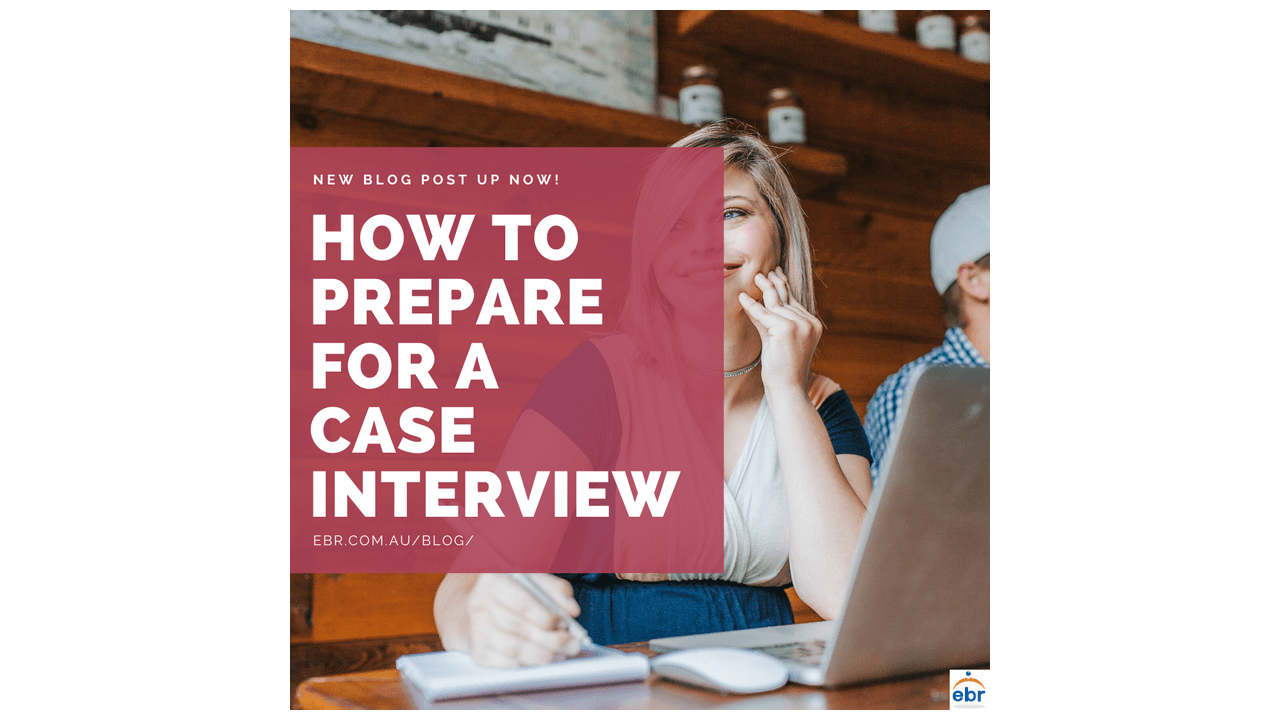How to Prepare for a Case Interview
A case interview is a common part of the recruitment process, as it tends to give employers an accurate assessment of the candidate’s attitude and approach to work. While these case interviews tend to be unpredictable and therefore more difficult to approach, there are a few ways you can ensure that you answer the questions successfully.
What is a case interview?
A case interview is a hypothetical business situation that is given during an interview. The candidate’s answer to the hypothetical case will help recruiters determine how an interviewee thinks and whether they are suitable for their company. These case questions tend to reflect the regular life of the role the interviewee is applying for, which therefore allows recruiters to determine how candidates approach a problem, which in turn helps them to decide whether the candidate is fit for the company and the job.
How to answer a case interview
Listen and clarify
When the interviewer first lay down the case, you will need to listen carefully and ask any questions needed for clarification. This is the first and arguably the most important part of the interview. Without the foundational understanding of the case, it will be extremely difficult for you to know how to approach the question.
Tailor your frameworks to the case
While it may feel safe and comfortable to reuse frameworks from previous interviews, recruiters may actually be able to tell that you are reusing pre-existing frameworks. You need to create a custom framework for each case because every case is different from each other.
Use your maths skills
Many case interviews involve analysis and interpretation of numbers without a calculator. So take some time before the interview to brush up your maths skills. You should be able to calculate basic arithmetic without needing a calculator. Wrong computation of numbers can result in inaccurate interpretation, analysis and recommendations. While on the other hand, the correct computation of numbers will ensure that your analysis is on the right track, and you can use the numbers you gathered as strong evidence to back up your final argument.
Structure your answer clearly
Once you have understood the question, used a custom framework and reached an answer, you will need to ensure that your answer is communicated fluently to the recruiter. To deliver your answer in the most comprehensive and coherent manner, first, state your answer. Then use evidence to support your argument before finishing off by suggesting other areas that the company can look into for further research.



